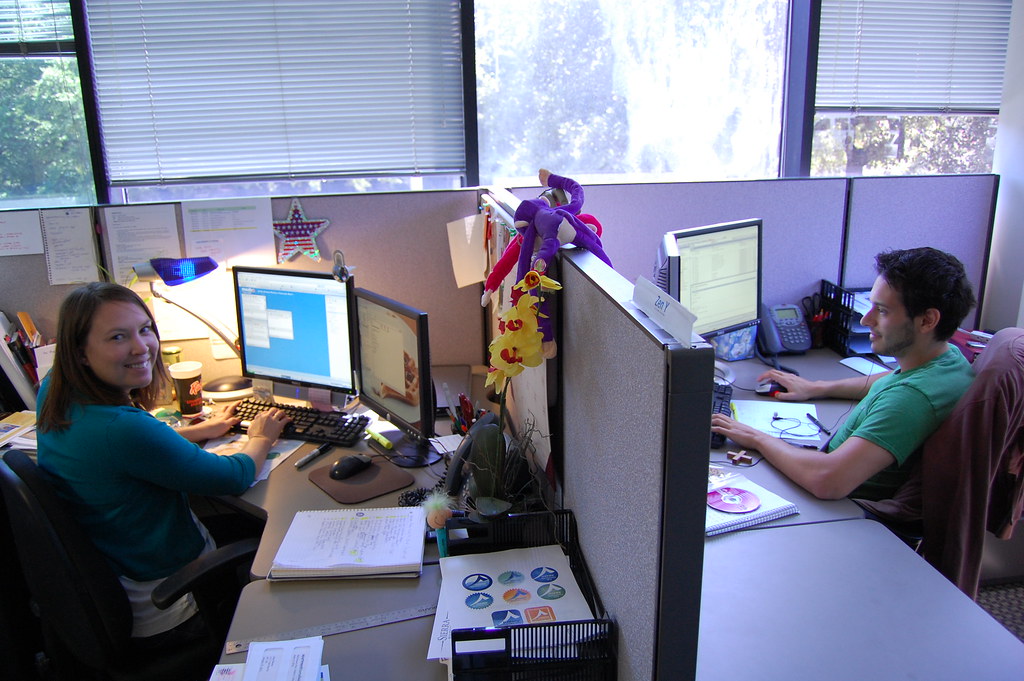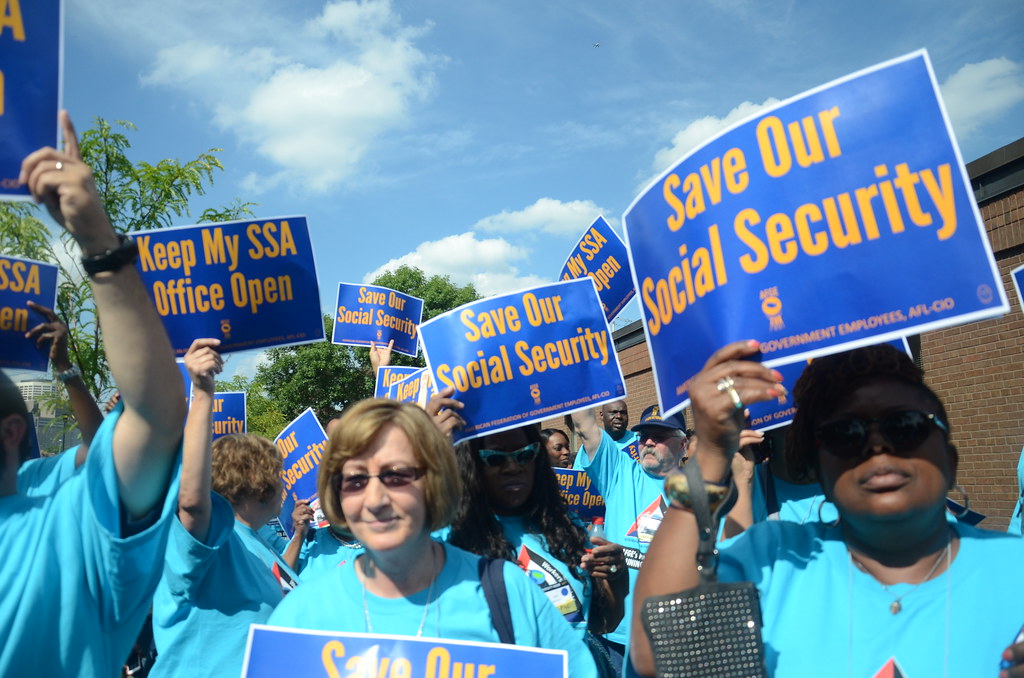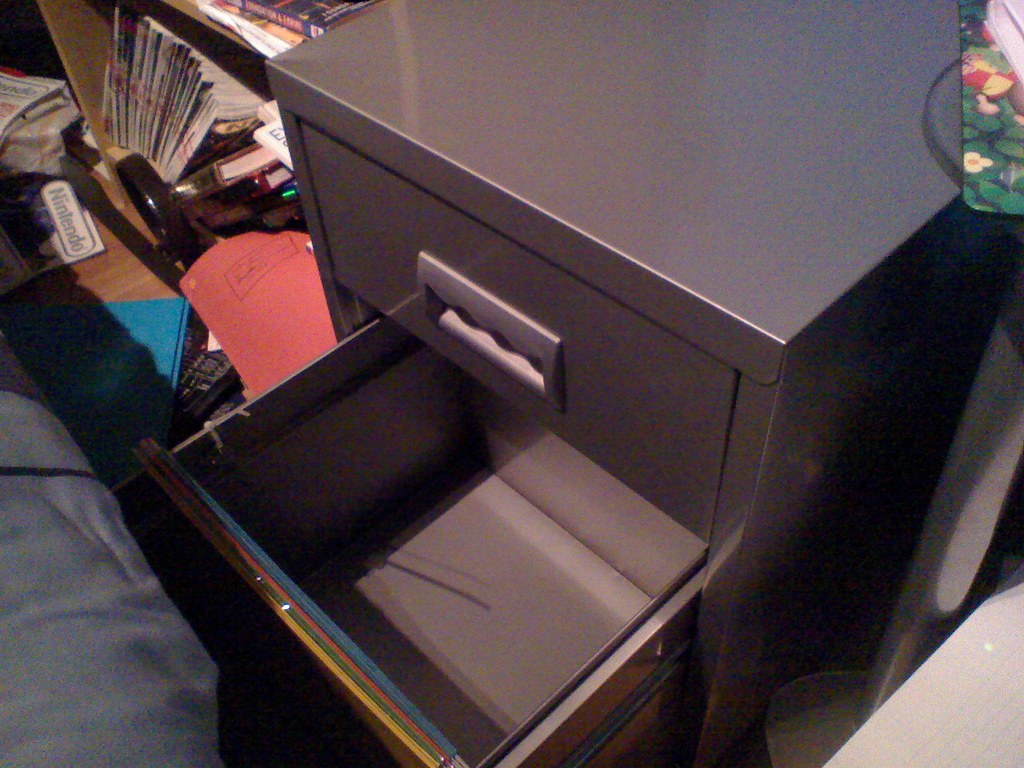You ever get money advice from a boomer and feel like you’re being handed a VHS tape in a TikTok world? Same. They mean well—we love them for it—but the financial playbook that worked in 1975 is basically a bedtime story now. Buy a house young! Work one job forever! Never talk about money at dinner! Meanwhile, we’re out here juggling side hustles, $6 gas, and rent that eats half our paycheck.
The truth? Some of those old-school money beliefs are straight-up dangerous today. Not just outdated—harmful. And if we don’t call them out, we risk repeating the same mistakes, just with better Wi-Fi. So let’s unpack the myths, sip our iced matchas, and lovingly drag the bad advice that’s keeping millennials and Gen Z from building actual wealth. Here’s a spicy little list of boomer money beliefs that need to retire before we do.
1. “Just Get a Job with Good Benefits and Stay There”

Ah yes, the golden career ladder: climb it, retire at 65, get a pension, and buy a boat. Except… that ladder got yanked up around 2008. These days, pensions are nearly extinct, and loyalty to one employer doesn’t guarantee job security—it might actually stall your earnings. According to Pew Research Center, younger workers who job-hop every few years tend to earn significantly more than those who stay put.
The modern workplace rewards flexibility, not tenure. Plus, “good benefits” often come with high deductibles, limited mental health coverage, and the joy of annual HR scavenger hunts. Freelancers and gig workers now build their own safety nets, from IRAs to side hustles, often with more agility than their 9-to-5 counterparts. So while boomer wisdom says “stick it out,” data says “strategically bounce.” Don’t marry your employer—date around a bit.
2. “Buy a House as Soon as You Can”

This one is practically tattooed on the boomer soul: homeownership = success. But in 2025, that logic is looking shakier than a Zillow listing with “TBD plumbing.” According to a recent piece in Forbes, the cost of owning a home is now so steep that even high earners are struggling to qualify for mortgages. With 7% interest rates and bidding wars over two-bedroom condos next to power plants, buying early isn’t always the smart play.
In fact, renting can sometimes be the more financially strategic move. It gives you flexibility, shields you from maintenance disasters, and lets you invest elsewhere—like that neglected Roth IRA. Meanwhile, boomer math often forgets to include property taxes, repairs, and the cost of that new HVAC you didn’t know you’d need. So unless you’re in a strong market and really ready, skip the guilt trip and rent with pride.
3. “Don’t Talk About Money—It’s Rude”

Boomers were taught that money was private, almost taboo—like politics at Thanksgiving or that one uncle’s third marriage. But keeping money hush-hush hasn’t done us any favors. In fact, being secretive about salaries, debts, or financial goals can lead to major setbacks. A report from Bankrate shows that younger generations who openly talk about money make smarter choices and experience less financial stress.
When you don’t know what your coworkers make, you don’t know if you’re being underpaid. When you don’t talk about debt, you can’t find better repayment strategies. Transparency is power, and open convos are helping millennials and Gen Z avoid the mistakes their parents didn’t see coming. So let’s normalize salary chats over brunch and credit score confessions over drinks. It’s not rude—it’s revolutionary.
4. “Credit Cards Are Only for Emergencies”

This sounds responsible, but in practice, it’s lowkey self-sabotage. Using a credit card only when disaster strikes means you’re missing out on points, rewards, and, most importantly, building your credit history consistently. As CNBC points out, strategic use of credit (like paying off small purchases on time) can seriously boost your score and save you money on interest rates later.
Treating credit cards like financial fire alarms keeps you scared of them instead of empowered. Meanwhile, regular usage (without carrying a balance) shows lenders you’re reliable and helps you unlock better loans down the line. Boomer logic made sense when interest rates were sky-high and bank statements came by mail. But in today’s world of autopay and cashback, swiping smart is how you win. Emergencies? Sure. But also: flights, groceries, and that espresso machine you paid off in full.
5. “College Is Always Worth It, No Matter the Cost”

Cue the student loan panic attack. While boomers often paid for college with summer jobs and pocket change, today’s students are taking on mortgage-sized debt for degrees that don’t always lead to stable income. According to The RSF Journal, the ROI on many degrees has shrunk dramatically, especially in fields with low starting salaries or saturated markets.
Yes, education is valuable—but so is not living in your parents’ basement at 35 because of six figures in debt. Today’s savvier route might be community college, trade school, or upskilling through online platforms like Coursera and Skillshare. The “just get a degree and figure it out later” approach doesn’t cut it when tuition can hit $80K a year. It’s time to focus less on prestige and more on ROI. Your diploma shouldn’t come with lifelong financial baggage.
6. “You’ll Be Fine If You Just Save a Little Each Month”

Cute in theory, chaotic in practice. Boomers grew up in a time when you could stick $20 under your mattress (or in a savings account) and watch it blossom with 5% interest. Today? That same savings account is basically just a very slow drain with a polite user interface. Saving is still important, but the strategy has changed—it’s not just about hoarding cash, it’s about investing and letting your money do something.
If you’re just saving without investing, you’re basically letting inflation nibble away at your hard-earned dollars like it’s at a Vegas buffet. And that “little each month” approach? It might’ve worked when houses cost $50K and college was the price of a decent microwave. But we’re working with student loans, skyrocketing rents, and avocado inflation, people. These days, you need a solid budget, a high-yield savings account, and ideally, some kind of passive income or investing strategy. “Just save a little” sounds sweet—but you deserve better than 1970s advice in 2025’s economy.
7. “Social Security Will Take Care of You”

This one feels like believing your ex when they say, “I’ve changed.” Social Security was a reliable safety net for boomers—but for millennials and Gen Z, it’s more like a fraying hammock above a pit of uncertainty. With people living longer and fewer workers paying into the system, future payouts are looking smaller, later, and possibly nonexistent. And let’s not forget that most people don’t even know what they’ll realistically get—or when.
Trusting Social Security alone to carry you through retirement is like expecting one phone charger to last you 40 years—it ain’t happening. If you’re not stacking up a 401(k), Roth IRA, or some other retirement plan, you’re banking on a system that’s already sweating bullets. Meanwhile, healthcare costs are rising, housing isn’t getting any cheaper, and retirement age keeps inching closer to “eternity.” Boomers could kind of coast into retirement. You? You need a whole launch strategy and a Plan B.
8. “Never Rent—Renting Is Throwing Money Away”

You’ve probably heard this one while sitting in your rental apartment, sipping coffee, and trying not to scream at Zillow. Boomers love this phrase, and sure, when houses cost $80K and you could get a mortgage with a handshake, it might’ve been true. But now? Renting can actually be the smart money move, especially if you’re not planning to stay in one place long-term or don’t have $100K lying around for a down payment.
Renting gives you flexibility, freedom, and zero responsibility for surprise roof leaks or busted furnaces. Plus, when the housing market is bloated and unpredictable, renting gives you time to breathe—and save. Not to mention, some millennials like not mowing the lawn or fixing the water heater at 2 a.m. Owning isn’t for everyone, and that’s okay. You’re not “throwing money away” if you’re getting value and stability out of your rental. The only thing you’re wasting is time if you let this outdated belief make you feel guilty.
9. “Don’t Worry About Debt—Just Pay the Minimum”

Oh, sweet summer child. This one is like setting your kitchen on fire and calmly roasting marshmallows over it. Boomers didn’t grow up with the same aggressive interest rates and ballooning student loans many younger generations are stuck with. Paying only the minimum is how you end up in a lifelong relationship with your lender—and not the cute kind. That $25 minimum payment might look manageable now, but over time, it snowballs into a beast.
Minimum payments often barely touch the principal, which means you’re just feeding the interest monster. Meanwhile, your credit score suffers, your stress levels spike, and you feel like you’re running in financial quicksand. Today’s strategy should be about prioritizing high-interest debts and using snowball or avalanche methods to knock them out. Boomers had more room to coast. We have to hustle smarter, or we’ll be in our 70s still paying off a semester of Intro to Philosophy.
10. “Stick With What You Know When Investing”

Conservative investing isn’t inherently bad—but blindly sticking to familiar stocks or old-school methods can stunt your financial growth. Boomers often swear by blue-chip stocks and index funds, and while those aren’t wrong, they also didn’t grow up in the age of crypto, fintech, or fractional shares. The market is evolving, and there are more tools than ever to diversify intelligently. Blind loyalty to “safe” investments can mean missing out on higher returns and innovation.
If you’re just parking your money where your dad did in 1983, you might be playing it too safe. The modern market rewards research, adaptability, and a little risk (emphasis on little). You don’t have to go full crypto bro, but you do need to understand your options. Tech companies, green energy, international markets—these aren’t scary, they’re opportunities. “Stick with what you know” is how Blockbuster happened. You want to be Netflix.
11. “Health Insurance Will Always Be There for You”

Boomers were blessed with jobs that came with health plans like it was a Happy Meal toy. But today? Not so much. Gig workers, freelancers, and even full-timers often have to fend for themselves in the Wild West that is the American healthcare system. And assuming your employer insurance will “just handle it” can set you up for big, expensive surprises.
Modern health plans come with high deductibles, confusing coverage, and loopholes big enough to drive an ambulance through. You need to understand exactly what your plan covers, when it kicks in, and what your worst-case out-of-pocket might be. And don’t even get us started on vision and dental—they’re basically DLCs for being alive. Boomer advice assumed the system worked. But in 2025, assuming health insurance will always catch you is like assuming your phone will always have service in a tunnel.
12. “Keep All Your Important Papers in a Filing Cabinet”

This one’s adorable, but also… impractical. Boomers love a good manila folder labeled “TAXES 1986,” but in a digital world, physical paperwork is more liability than asset. Fires, floods, and misplacing things happen. Not to mention, no one wants to rummage through 14 drawers looking for one W-2 when TurboTax is asking for it right now.
Digital storage—especially secure cloud options—makes life smoother, faster, and way less chaotic. Scan those receipts, password-protect your PDFs, and put your important documents somewhere you can access from anywhere. It’s 2025. You don’t need to be carrying your Social Security card around like it’s a VIP pass. Organization is still key, but the file cabinet can retire with honor.
13. “You Can Always Get a Part-Time Job If You’re Short on Cash”

This one’s a classic boomer backup plan—but it’s not always the get-out-of-jail-free card they think it is. The job market today is volatile, underpaid, and algorithm-driven. And when you’re older, dealing with physical limitations or trying to make ends meet fast, “just grab a side job” isn’t always an option. Even gig work can be exhausting and unstable.
Not to mention, many jobs today require specific digital skills or certifications. You can’t just stroll into a place and get hired with a smile and a handshake anymore—now it’s résumés, ATS software, and ten rounds of interviews for a $17/hour gig. Boomer logic leans on an economy that doesn’t exist anymore. Today, emergency income planning means having multiple streams ready before you’re in a bind. The fallback job? It’s now the backup to the backup.
14. “If You Work Hard Enough, You’ll Be Rich”

This one might be the most dangerous myth of all. Boomers were raised on a post-war dream where hard work often did lead to wealth. But in 2025? Hard work is just the starting point. Wage stagnation, rising costs, and systemic inequalities have made it clear: hustle culture isn’t always enough. You can work 60 hours a week and still struggle to buy a home, afford healthcare, or build wealth.
It’s not about effort alone—it’s about access, timing, and strategy. Wealth today comes from smart planning, investments, privilege (let’s be real), and sometimes sheer luck. Telling people they just need to “work harder” can be tone-deaf and borderline toxic. It dismisses the structural issues and adds guilt to already overwhelmed folks. Boomers meant well—but now, we know better. Work smart, rest often, and don’t let toxic grind culture write your financial story.
This article is for informational purposes only and should not be construed as financial advice. Consult a financial professional before making investment or other financial decisions. The author and publisher make no warranties of any kind.








